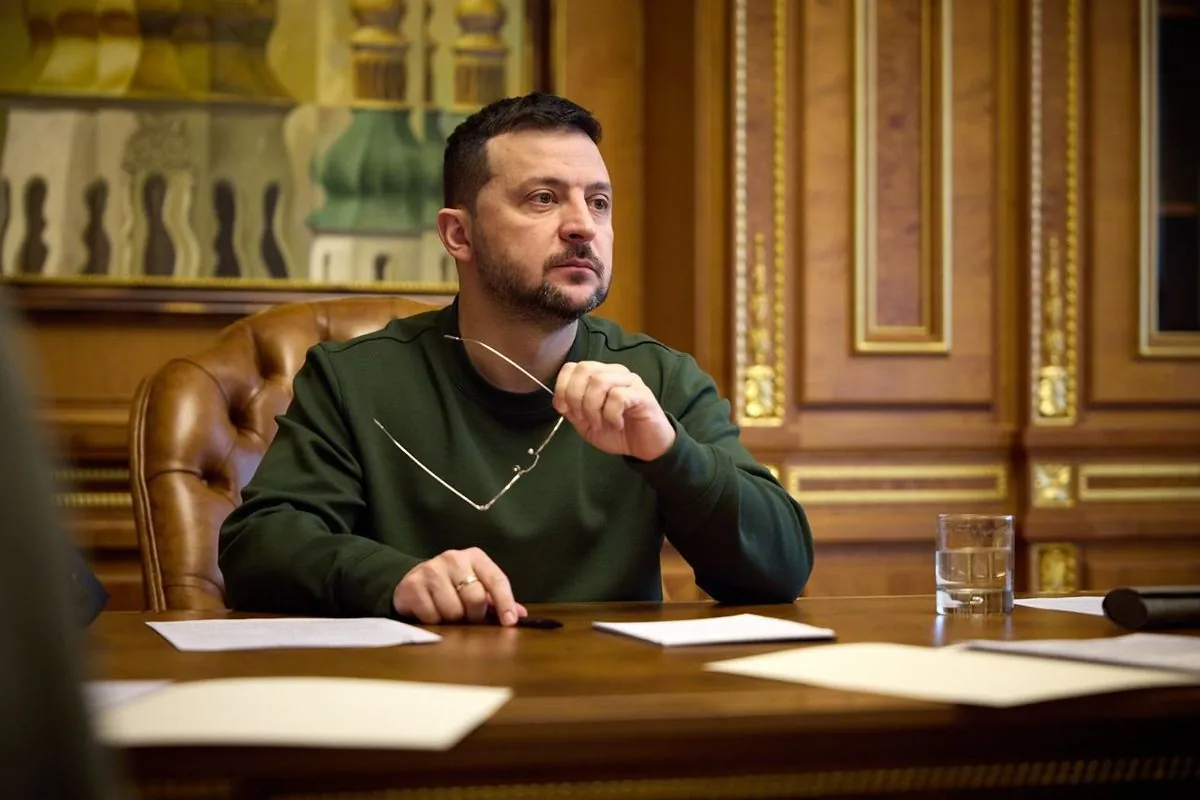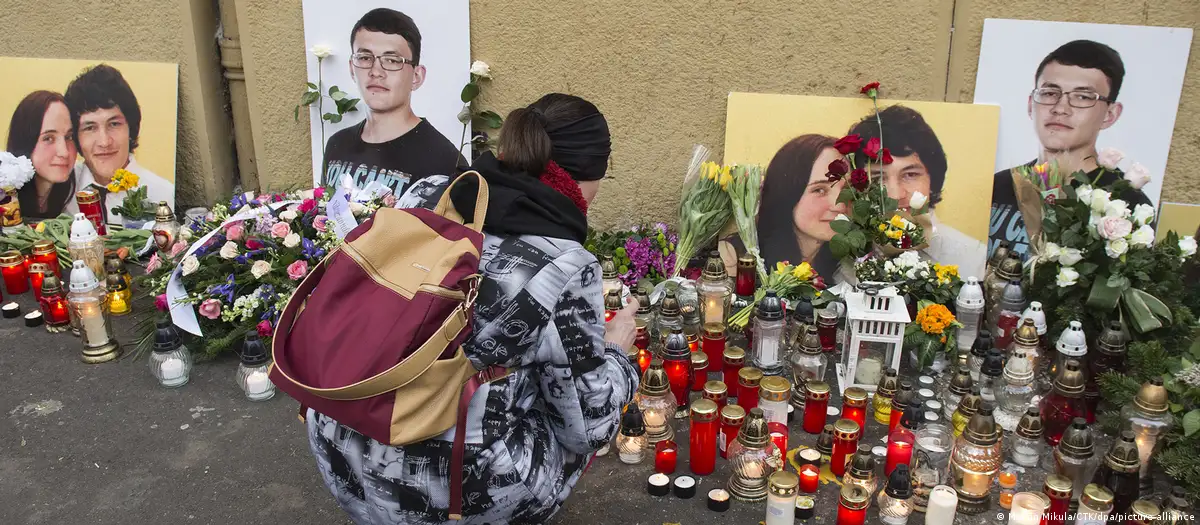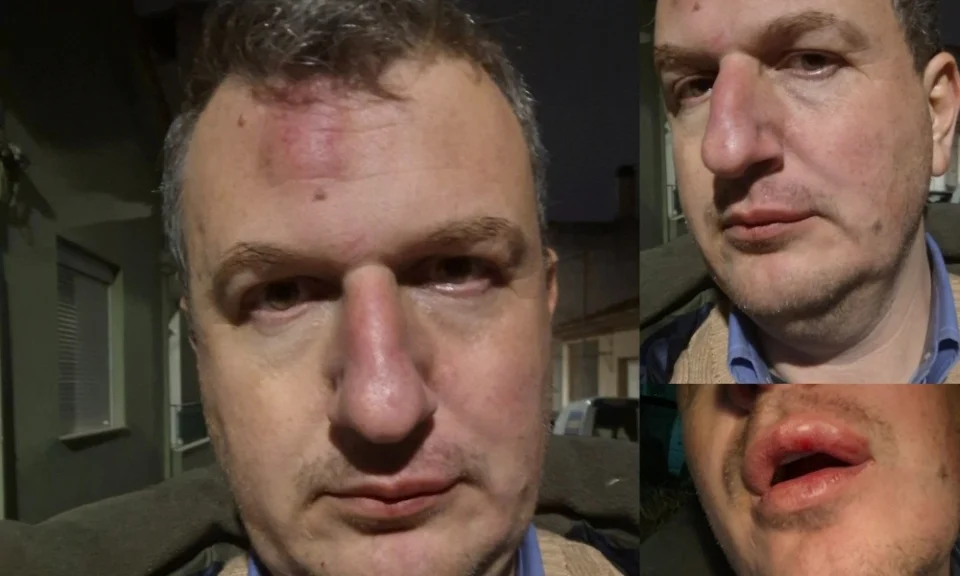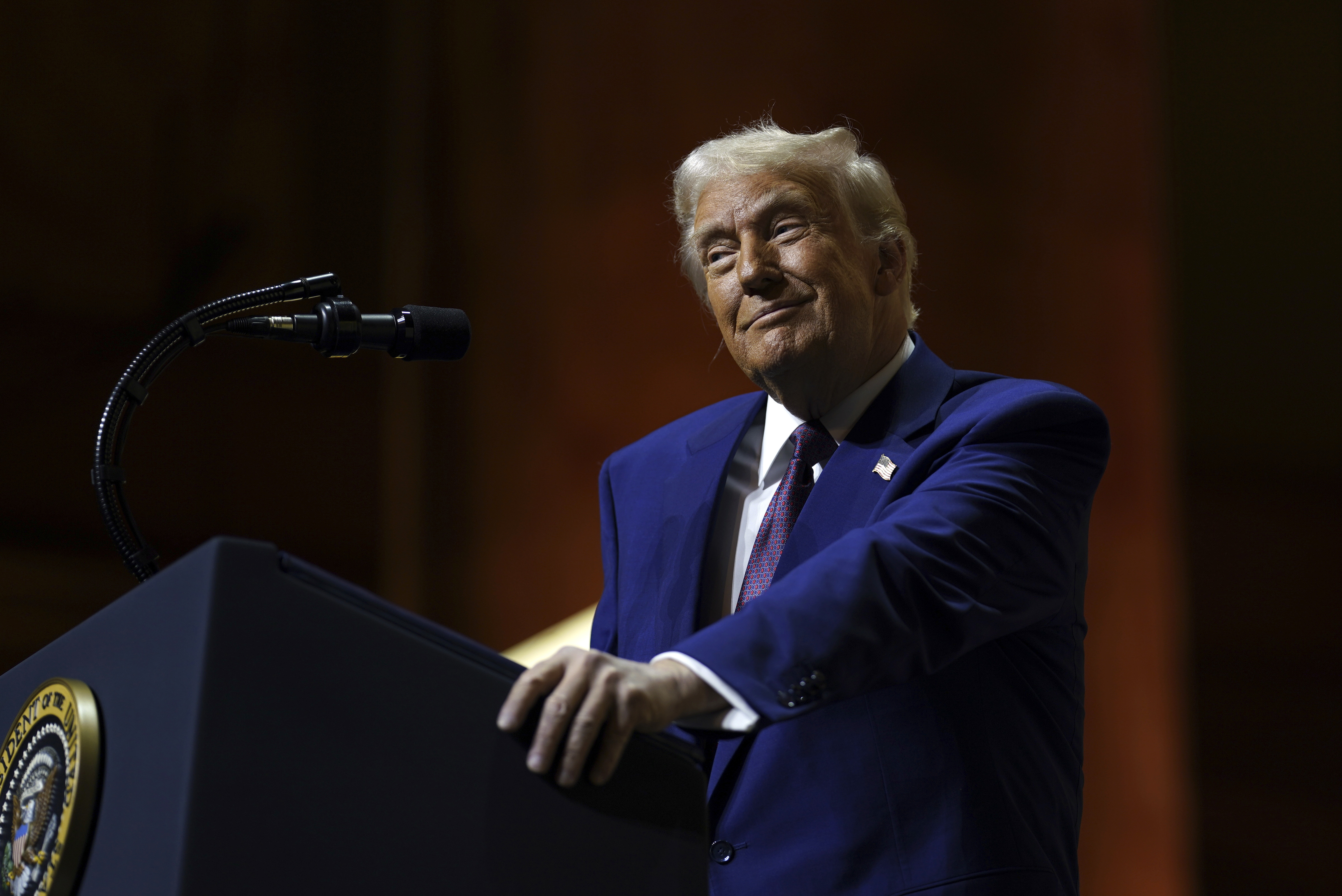
AP Sues Trump Officials Over Press Access Restrictions
February 22, 2025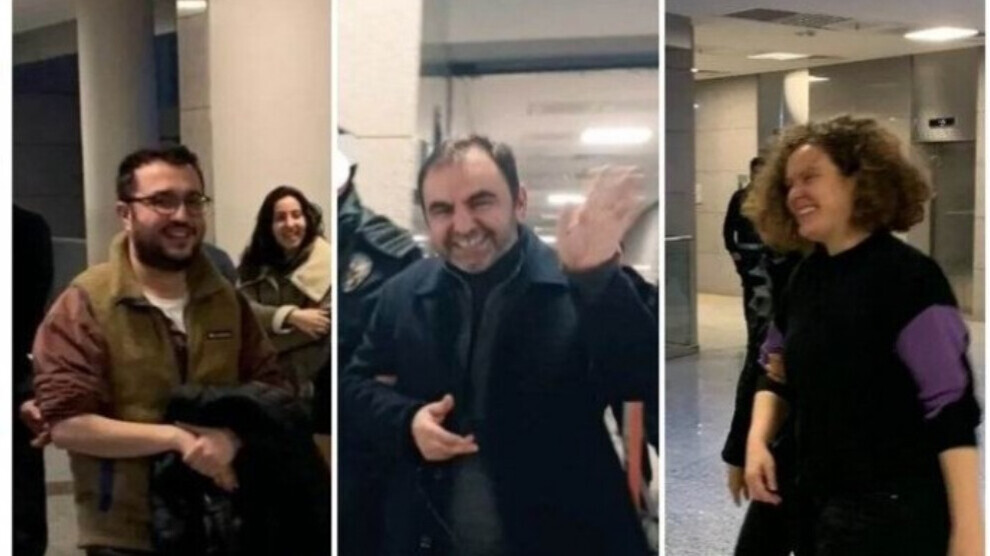
Press Associations Condemn Arrest and Abuse of Azerbaijani Journalists Ulviyya Ali and Ahmad Mammadli
February 23, 2025February 23, 2025 – Russia/Ukraine –
Ukrainian President Volodymyr Zelensky has firmly denied allegations that he ordered the killing of Chilean-American journalist Gonzalo Lira, whose death in a Ukrainian prison earlier this year has sparked international concern and controversy. The claims, circulated by Lira’s family and amplified by public figures such as Elon Musk, allege that Lira’s critical stance toward the Ukrainian government and military led to targeted persecution and ultimately to his death.
Gonzalo Lira, a dual national, had been openly critical of Ukraine’s leadership and its handling of the ongoing war with Russia. In May 2023, he was arrested in Kharkiv under charges of spreading pro-Russian propaganda and allegedly supporting the Russian invasion. Ukrainian officials accused him of justifying Russian war crimes and undermining national security. He was detained without bail and held in custody for several months.
Lira died in January 2024 while still imprisoned. Ukrainian authorities reported the cause of death as complications from pneumonia, but his family and supporters questioned the circumstances, suggesting that he may have been denied proper medical care or deliberately mistreated.
When asked about the case, President Zelensky stated unequivocally that he had no knowledge of Gonzalo Lira and had never given any order related to him. “I do not know this person,” Zelensky said in a press briefing. “No one in my circle has spoken to me about him, and I have never considered him a threat.” He emphasized that Ukraine is a democratic state and that the government does not silence critics through violence.
The president’s remarks come in response to growing criticism from international human rights organizations and freedom of the press advocates, who have called for an independent investigation into Lira’s death. Some have framed the incident as a test of Ukraine’s commitment to democratic principles even amid wartime.
While Zelensky’s statement seeks to defuse tensions and dismiss conspiracy theories, the episode continues to draw scrutiny, with calls for transparency around the detention, treatment, and death of journalists, even those holding unpopular views. The case has become emblematic of broader debates about freedom of expression during conflict.

